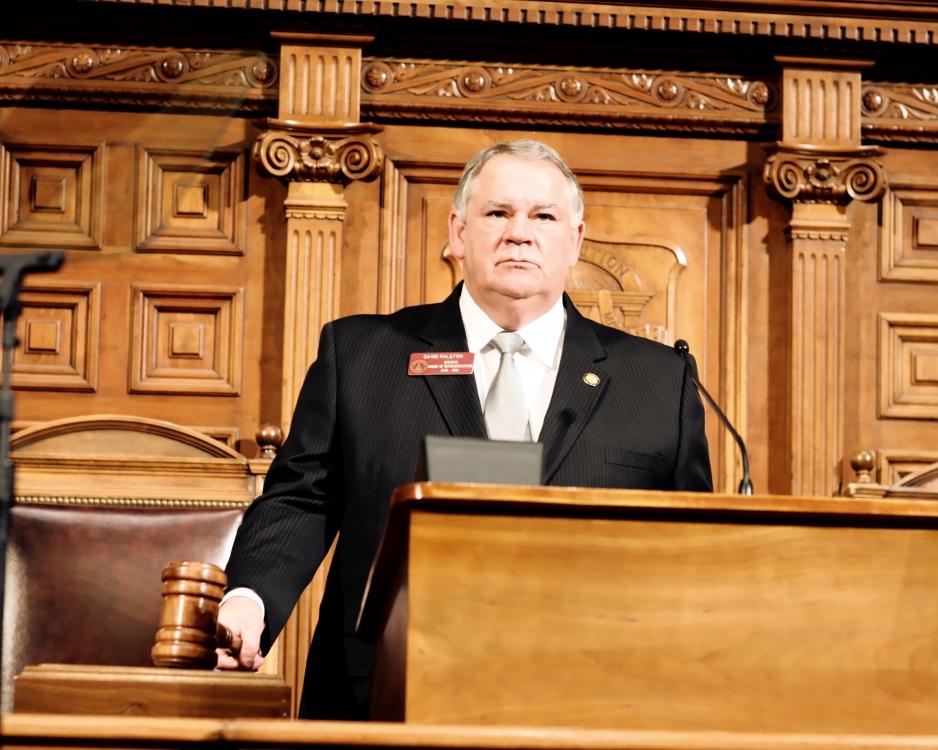
Caption
Georgia House Speaker David Ralston is proposing a $7 million boost in the state's mental health crisis system, especially in response to the COVID-19 pandemic.
Credit: GPB file photo
|Updated: July 21, 2021 4:14 PM

Georgia House Speaker David Ralston is proposing a $7 million boost in the state's mental health crisis system, especially in response to the COVID-19 pandemic.
Mental health funding is desperately needed, especially in light of the COVID-19 pandemic, experts say, and House Speaker David Ralston is proposing a $7 million boost in the state's crisis system.
The Department of Behavioral Health & Developmental Disability licenses a medically monitored short-term residential program of crisis stabilization units. These CSUs provide emergency disability services that include providing psychiatric stabilization and detoxification services 24 hours a day, seven days a week.
As of the end of 2019, a total of 509 beds were available statewide for adults in either a crisis stabilization unit or behavioral health crisis centers, according to DBHDD. An additional 71 beds were available at that time for people under the age of 18.
The 264 beds in behavioral health crisis centers and 245 adult beds in crisis units also offer 24-hour walk-in support for psychiatric crisis assessment, intervention and counseling.
The DBHDD has since expanded, opening two more units during the COVID-19 pandemic for a total of 533 adults beds, Commissioner Judy Fitzgerald said.
MORE:
“I have said many times that for us to continue to be a great state, we must also focus on being a good state — one that cares for those who need it,” Ralston said. “Mental health is something that touches almost every family in this state, so investing in mental health services and our accountability courts is not just good business — it is also a way of helping people recover and reunite with their families.”
Ralston's $75 million proposal to provide additional personnel and resources for law enforcement and mental health services will be considered during the 2022 legislative session.
Some elements may appear in the Amended Fiscal Year 2022 state budget or the Fiscal Year 2023 state budget, Ralston's office said in a press release. Specific funding allotments are subject to change based on evolving needs and agency requests throughout the budget process.
If approved, $25 million would be used for a one-time bonus for local law enforcement officers and approximately $50 million in recurring, annual expenditures for a number of state law enforcement, judicial and mental health agencies, which includes the money for DBHDD's crisis beds.